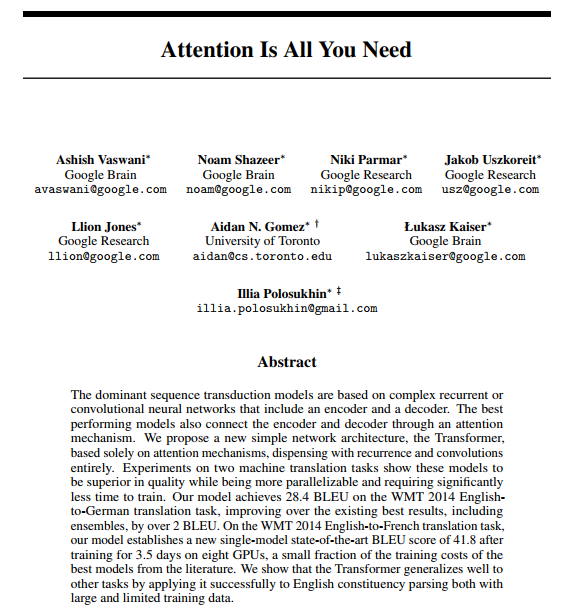PDF Support
irouter supports PDF processing for both Call and Chat objects. PDFs can be provided as URLs or local file paths with various parsing engines.
If the selected LLM has native file processing capabilities, that parser will be used. Otherwise the mistral-ocr parser is used, which has some small costs associated with it.
For more details on PDF support in OpenRouter and pricing, check this docs page.
To see an overview of which LLMs support file input, check the OpenRouter Model Overview.

PDF URL
The simplest way to work with PDF files in irouter is to pass the URL of the PDF file and instruction as a list of strings.
from irouter import Call
model = "moonshotai/kimi-k2:free"
# The "Attention Is All You Need" paper
pdf_url = "https://proceedings.neurips.cc/paper_files/paper/2017/file/3f5ee243547dee91fbd053c1c4a845aa-Paper.pdf"
c = Call(model)
c([pdf_url, "What is the main contribution of this paper?"])
PDF Parsing Configuration
You can specify different PDF parsing engines using the extra_body parameter. For example, use the pdf-text engine for free parsing.
extra_body = {"plugins": [{"id": "file-parser", "pdf": {"engine": "pdf-text"}}]}
c([pdf_url, "Summarize the key innovations in this paper."], extra_body=extra_body)
Check this docs page for OpenRouter's details on plugin configuration.
Chat with PDF
In contrast to the Call class, Chat tracks history and token usage.